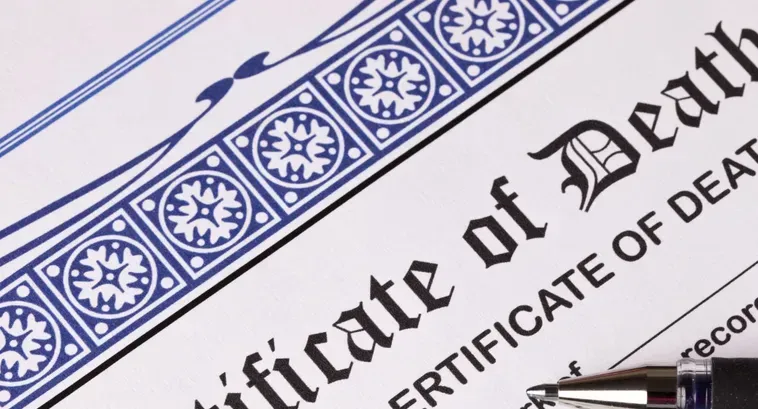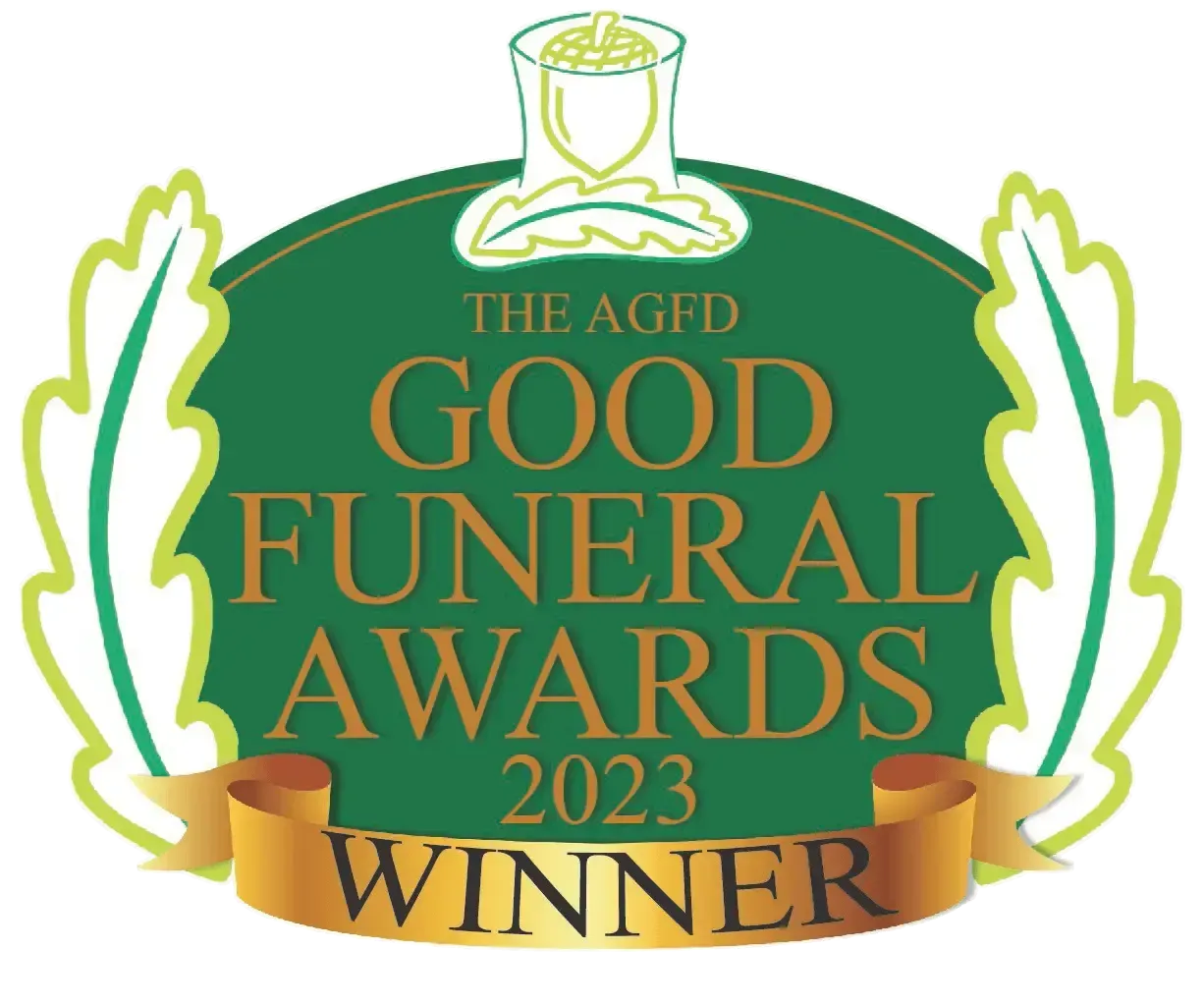
Let our Family be there for your Family
Coroner's Investigations
Coroner's Jurisdiction
A death may be reported to the coroner under various circumstances, including when the cause of death remains unknown, is sudden, violent, or possibly related to industrial factors. We are here to guide you through this process if the death falls under the coroner's jurisdiction.
Coroner's Determination
If the Coroner establishes a clear cause of death:
- A doctor issues a medical certificate.
- The certificate is taken to the Registrar.
- The coroner releases a certificate stating that a post-mortem is unnecessary.


Post-Mortem Procedure
Should the coroner deem a post-mortem necessary:
- The examination can occur at a hospital or mortuary.
- While there isn't an option to object, the coroner will inform you (and the deceased's GP) about the time and location of the examination if requested.
Post-Investigation Processes
If no inquest is mandated:
- The coroner releases the body for a funeral after completing the post-mortem.
- Necessary forms, such as 'Pink Form - form 100B' and 'Certificate of Coroner - form Cremation 6' for cremation, are sent to the Registrar.
Inquest Requirements
In cases requiring an inquest:
- Registration of the death is pending until the inquest concludes.
- An interim death certificate is provided by the coroner to notify relevant organisations and apply for probate.
- Post-inquest, the coroner informs the Registrar regarding the registry details.
At Regency Funeral Directors, our team offers compassionate support and navigational guidance throughout the coroner's process, ensuring families understand and fulfil all essential requirements during this period of investigation.
Next: Estate Planning Guidance

Let our Family be there for your Family
Let Our Family Guide You Through Loss
We have many years’ experience in providing bespoke funerals tailored to your needs, please feel free to contact us with any questions or requests.



